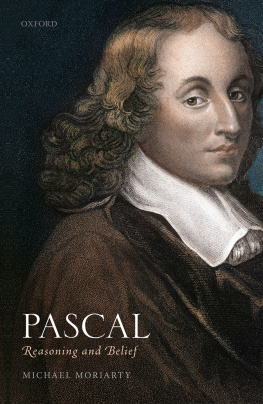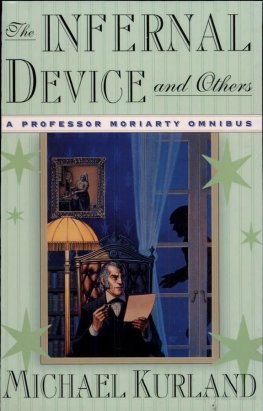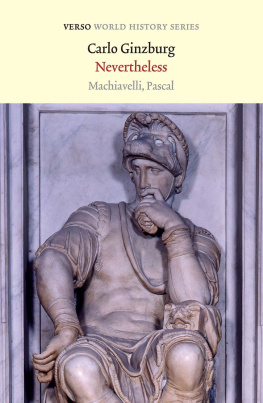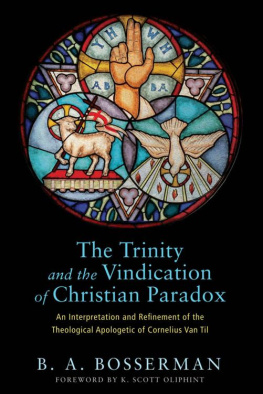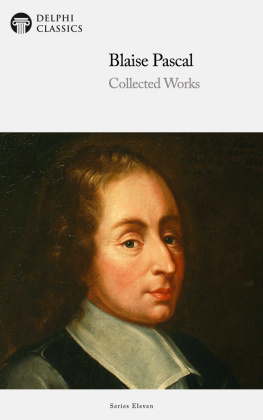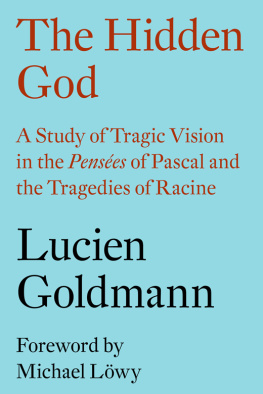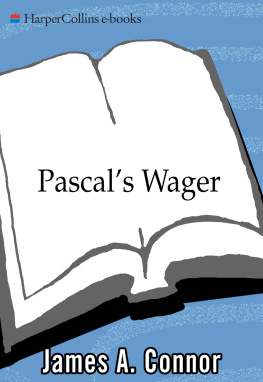Oxford University Press is a department of the University of Oxford. It furthers the Universitys objective of excellence in research, scholarship, and education by publishing worldwide. Oxford is a registered trade mark of Oxford University Press in the UK and in certain other countries
All rights reserved. No part of this publication may be reproduced, stored in a retrieval system, or transmitted, in any form or by any means, without the prior permission in writing of Oxford University Press, or as expressly permitted by law, by licence or under terms agreed with the appropriate reprographics rights organization. Enquiries concerning reproduction outside the scope of the above should be sent to the Rights Department, Oxford University Press, at the address above
You must not circulate this work in any other form and you must impose this same condition on any acquirer
Printed and bound in Great Britain by Clays Ltd, Elcograf S.p.A.
Links to third party websites are provided by Oxford in good faith and for information only. Oxford disclaims any responsibility for the materials contained in any third party website referenced in this work.
This is a study of the religious thought of Blaise Pascal. I have written on him in various other worksEarly Modern French Thought: The Age of Suspicion (Oxford: Oxford University Press, 2003), Fallen Nature, Fallen Selves: Early Modern French Thought II (Oxford: Oxford University Press, 2006), and, to a lesser extent, Disguised Vices: Theories of Virtue in Early Modern French Thought (Oxford: Oxford University Press, 2011)not to mention a certain number of articles. These were works of intellectual history; the point of view adopted here is somewhat different. I try to explain not only what Pascal said, and why he said it, but ask also whether what he says has any claim to be regarded as true. To be more precise, while attempting to reconstruct his argument for Christian belief, I comment on how far it, or parts of it, might be relevant or convincing to a modern reader.
Most of the writing of this book was carried out between October 2016 and October 2018, during a period of research leave, for which I thank the University of Cambridge and in particular the Faculty of Modern and Medieval Languages and Linguistics. It has been a great pleasure to work in the supportive environment of the Cambridge French department, and I am particularly grateful for the rare luck of having as colleagues two such committed and expert Pascalians as Nick Hammond and Emma Gilby. It has been no less of a pleasure to be part of the Fellowship of Peterhouse, under the Masterships of Adrian Dixon and Bridget Kendall, and thus to benefit from membership of a dynamic intellectual community, among whom I would like to thank especially Stephen Hampton, Mari Jones, James Carleton Paget, Magnus Ryan, Scott Mandelbrote, and (no longer at Peterhouse) Tim Crane.
I am grateful to Peter Momtchiloff for his patient and encouraging support of this project and to the Oxford University Press readers for their helpful comments and suggestions, which I have done my best to incorporate. The book, such as it is, is better for their contribution. My thanks are due also to Sathiyavani Krishnamoorthy for her efficient management of the production process, and to Neil Morris for his vigilant copy-editing. I also wish to thank those who have given me the opportunity to share parts of this work as it has developed: Dominique Descotes, Adi Efal-Lautenschlger, Alberto Frigo, Susan James, Richard Maber and the Committee of the Society for Early Modern French Studies, Craig Moyes, John OBrien, Katrin Rder and Christoph Singer, and Catherine Pickstock (I hope I have left no one out). In a more general way I wish to thank those who have contributed to the work by their solidarity, friendship, and support, sometimes over many years: Terence Cave, Tim Chesters, Alison Finch, Emma Gilby, Nick Hammond, Marian Hobson, Susan James, Neil Kenny, John D. Lyons, Tim Mathews, John OBrien, Richard Parish, and Quentin Skinner. I owe a particular debt, as regards this work, to the two teachers under whom I studied Pascal as an undergraduate, and whose colleague I had the good fortune to become in later yearsboth, alas, no longer with us: Edward James, my supervisor on seventeenth-century French literature at St Johns College, Cambridge, for whom I remember writing essays on Pascal, and Peter Bayley, whose lectures on Pascal were inspiring, clarifying, and thought-provoking. I am grateful also to the students, at undergraduate and at masters level, both at my former institution, Queen Mary, University of London, and at Cambridge, with whom I have worked on Pascal. My debts to others scholarship (editorial, historical, critical, and philosophical) are acknowledged in the footnotes: none the less, I should like at the outset to state how much I owe, in particular, to the scholarship of Jean Mesnard, Philippe Sellier, and Michel Le Guern, and to the exegeses of Vincent Carraud, Laurent Thirouin, and David Wetsel. The works of John Cottingham and Richard Swinburne have helped me greatly to formulate Pascals claims in an alternative way of speaking to his own. It goes without saying that I am responsible for whatever errors remain.
Most of all, my thanks are due to Morag, James, and John; indeed, I could never thank them enough.
I refer to Pascals Penses by the number of the fragment in the editions by Louis Lafuma (L), Philippe Sellier (S), and Michel Le Guern (LG). Details of these editions are given in the Bibliography. For other works by Pascal I give the volume and page number in Michel Le Guerns edition of the uvres compltes. All translations from Pascal are my own and were done afresh for this volume.
Classical texts are referred to simply by their subdivisions, thus: Cicero, De finibus, 3.5.1617. Details of the editions and translations used are given in the Bibliography, though generally included also in footnotes to quotations.
Publication details of specific editions are given in the Bibliography.
Descartes, uvres, ed. Charles Adam and Paul Tannery
Dictionnaire de thologie catholique, ed. Alfred Vacant and Eugne Mangenot , 15 vols (Paris: Letouzey et An, 18991950)
Moriarty, Disguised Vices: Theories of Virtue in Early Modern French Thought
Moriarty, Early Modern French Thought: the Age of Suspicion
Aristotle, Nicomachean Ethics
Moriarty, Fallen Nature, Fallen Selves: Early Modern French Thought II
Pascal, uvres compltes
Pascal, Penses, opuscules et lettres, ed. Philippe Sellier (Paris: Classiques Garnier, 2010)
St Thomas Aquinas, Summa theologi
Montaigne, Les Essais, ed. Pierre Villey and V.-L. Saulnier
Upon my soul, said the doctor, laughing, I cant make out whether youre denouncing or defending him.

